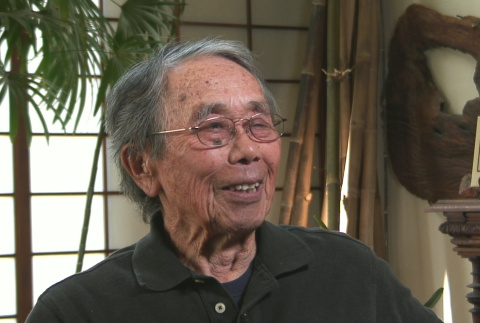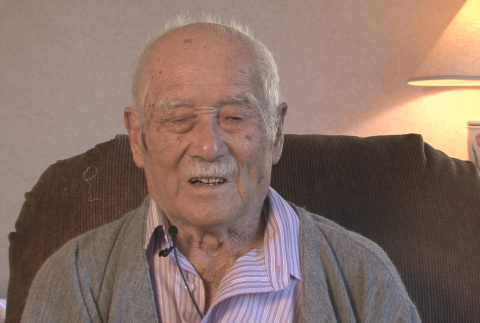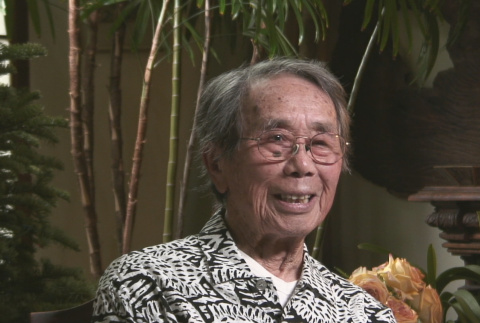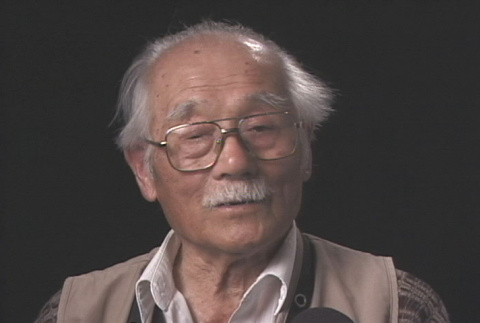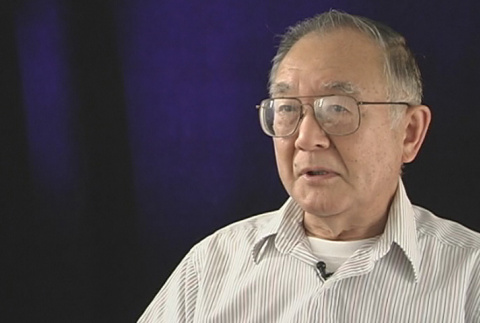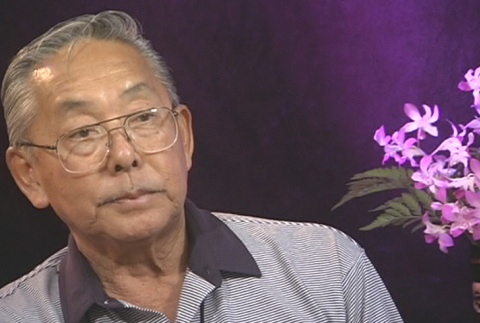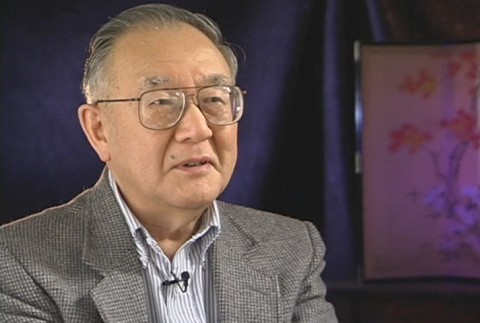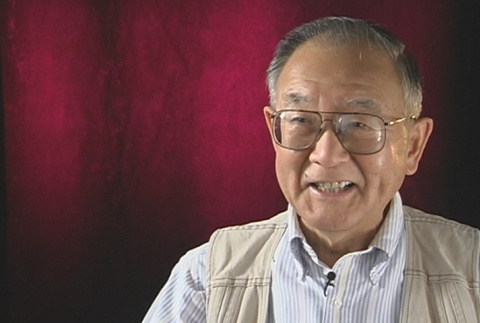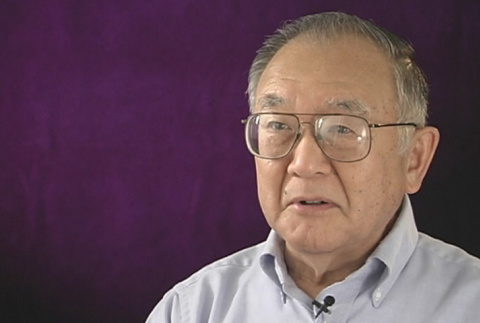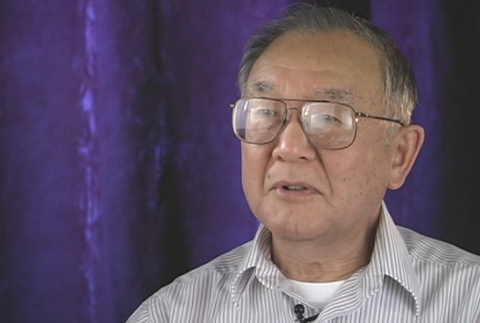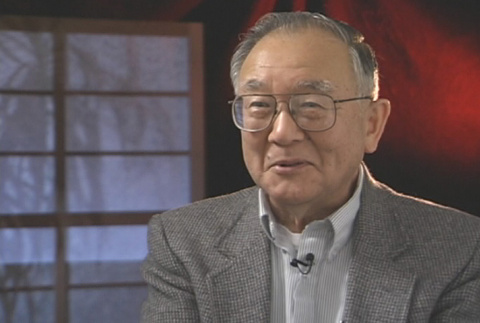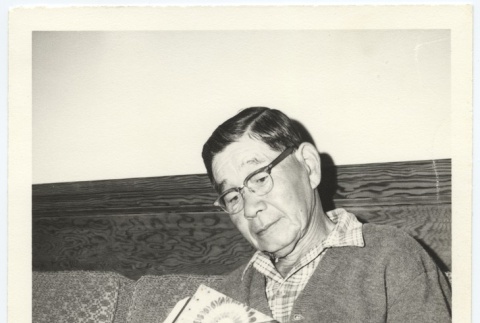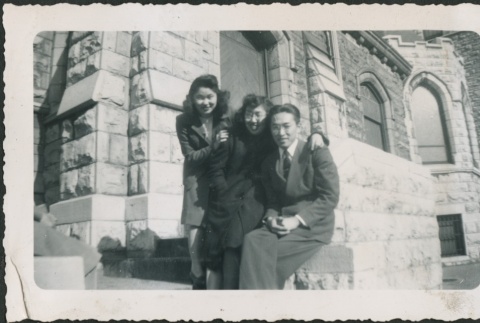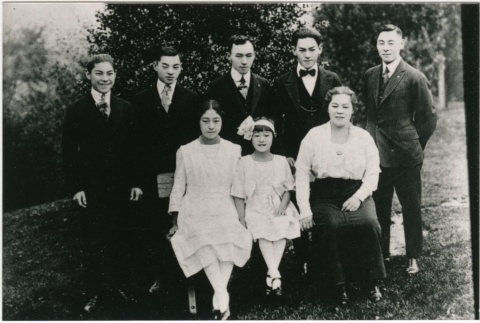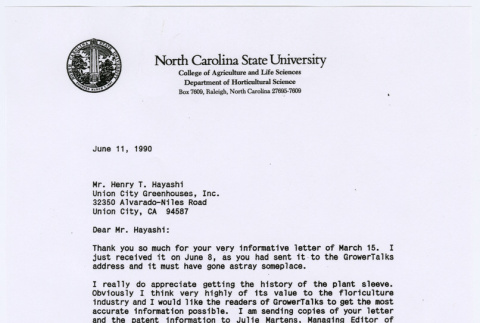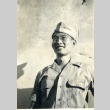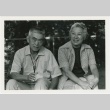1171 items
1171 items
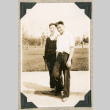
img
Two men in park with rackets (ddr-densho-383-69)
Written on album page below photograph: "Tad Kimura, Henry Yamada" (left to right).
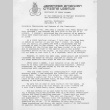
doc
Testimony of Henry Tanaka (ddr-densho-67-143)
Written testimony of Henry Tanaka, from Hawaii. He was incarcerated at Sand Island and Honouliuli internment camps, Hawaii. This testimony was presented at the CWRIC hearing in Seattle, Washington, on Wednesday, September 9, 1981, in the section titled "The Hawaiian Experience." Personal information excised by Densho.
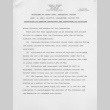
doc
Testimony of Henry Kane (ddr-densho-67-147)
Written testimony of Henry Kane of Beaverton, Oregon. This testimony was presented at the CWRIC hearing in Seattle, Washington, on Wednesday, September 9, 1981, in the section titled "Public Climate and Racism."
![[Portrait of Henry Raub] (ddr-csujad-29-102)](https://ddr.densho.org/media/cache/f7/59/f7594f7be98ec109ed7280912c9904dc.jpg)
img
[Portrait of Henry Raub] (ddr-csujad-29-102)
Portrait of Henry Raub, presumably in his office. See this object in the California State Universities Japanese American Digitization project site: P017
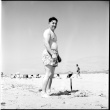
img
Henry at the Beach (ddr-one-1-635)
Black and white photographic negative of Henry Matsunaga standing on the beach in swim trunks smiling for the camera.
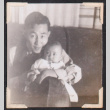
img
Henry and Richard Ishikawa (ddr-densho-468-522)
Black and white photo of a Henry Ishikawa with his son, Richard "Dickie" Ishikawa. Two captions on album page written in white pencil. Caption above photo: "Father and Son" Caption below photo: "Hank and Dickie"
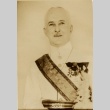
img
Portrait of Henry Comme (ddr-njpa-1-43)
Caption on reverse [translation]: "No. 8,684. Henry Comme. French Ambassador to China. [stamped] October 16, 1940."
![Henry Taketa [business card] (ddr-csujad-55-2074)](https://ddr.densho.org/media/cache/32/09/3209e0b6b546726f65de13f870bd46b3.jpg)
doc
Henry Taketa [business card] (ddr-csujad-55-2074)
Business card for Henry Takata, Attorney at Law (Retired). See this object in the California State Universities Japanese American Digitization project site: sac_jaac_2177
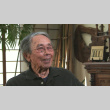
vh
Henry Nishi Interview II (ddr-manz-1-64)
Nisei male. Born March 20, 1919, in Los Angeles, California. Grew up in several cities in California, where father owned and operated several nurseries and a landscaping business. Attended University of California at Davis prior to World War II. During the war, removed to the Manzanar concentration camp, California, where, along with a group of friends, …
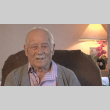
vh
Henry Fukuhara Interview II (ddr-manz-1-65)
Nisei male. Born April 25, 1913, in Los Angeles, California. Grew up in California prior to World War II. Removed to Manzanar concentration camp, California, during the war. Left Manzanar in 1943 and lived in various locations, eventually settling in New York and California. Mr. Fukuhara was a prominent artist.
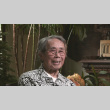
vh
Henry Nishi Interview I (ddr-manz-1-60)
Nisei male. Born March 20, 1919, in Los Angeles, California. Grew up in several cities in California, where father owned and operated several nurseries and a landscaping business. Attended University of California at Davis prior to World War II. During the war, removed to the Manzanar concentration camp, California, where, along with a group of friends, …
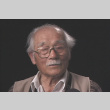
vh
Henry Fukuhara Interview I (ddr-manz-1-3)
Nisei male. Born April 25, 1913, in Los Angeles, California. Grew up in California prior to World War II. Removed to Manzanar concentration camp, California, during the war. Left Manzanar in 1943 and lived in various locations, eventually settling in New York and California. Mr. Fukuhara was a prominent artist.
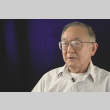
vh
Henry Miyatake Interview IV (ddr-densho-1000-56)
Nisei male. Born April 28, 1929, in Seattle, Washington. Incarcerated at Puyallup Assembly Center and Minidoka concentration camp, Idaho. Had some key childhood experiences with discrimination that made him a self-described, "independent thinker," and later, an influential figure in the Japanese American community. While a teenager in camp, he wrote and defended an essay criticizing the …
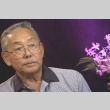
vh
Henry Bruno Yamada Interview (ddr-densho-1000-105)
Nisei male. Born 1923 on the Island of Kauai, Hawaii. Volunteered for military service shortly after graduating from High School. Served in the 442nd Regimental Combat Unit in a mortar platoon during World War II. (The 442 was an entirely Asian American segregated fighting unit.) After the war, he lived on the U.S. mainland for many …
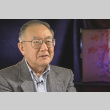
vh
Henry Miyatake Interview I (ddr-densho-1000-53)
Nisei male. Born April 28, 1929, in Seattle, Washington. Incarcerated at Puyallup Assembly Center and Minidoka concentration camp, Idaho. Had some key childhood experiences with discrimination that made him a self-described, "independent thinker," and later, an influential figure in the Japanese American community. While a teenager in camp, he wrote and defended an essay criticizing the …
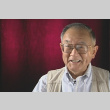
vh
Henry Miyatake Interview V (ddr-densho-1000-57)
Nisei male. Born April 28, 1929, in Seattle, Washington. Incarcerated at Puyallup Assembly Center and Minidoka concentration camp, Idaho. Had some key childhood experiences with discrimination that made him a self-described, "independent thinker," and later, an influential figure in the Japanese American community. While a teenager in camp, he wrote and defended an essay criticizing the …
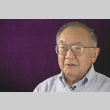
vh
Henry Miyatake Interview III (ddr-densho-1000-55)
Nisei male. Born April 28, 1929, in Seattle, Washington. Incarcerated at Puyallup Assembly Center and Minidoka concentration camp, Idaho. Had some key childhood experiences with discrimination that made him a self-described, "independent thinker," and later, an influential figure in the Japanese American community. While a teenager in camp, he wrote and defended an essay criticizing the …
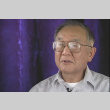
vh
Henry Miyatake Interview VI (ddr-densho-1000-58)
Nisei male. Born April 28, 1929, in Seattle, Washington. Incarcerated at Puyallup Assembly Center and Minidoka concentration camp, Idaho. Had some key childhood experiences with discrimination that made him a self-described, "independent thinker," and later, an influential figure in the Japanese American community. While a teenager in camp, he wrote and defended an essay criticizing the …
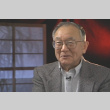
vh
Henry Miyatake Interview II (ddr-densho-1000-54)
Nisei male. Born April 28, 1929, in Seattle, Washington. Incarcerated at Puyallup Assembly Center and Minidoka concentration camp, Idaho. Had some key childhood experiences with discrimination that made him a self-described, "independent thinker," and later, an influential figure in the Japanese American community. While a teenager in camp, he wrote and defended an essay criticizing the …
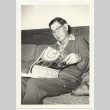
img
Henry Morita, First President Garden City Gardeners' Club 1949-1950 (ddr-jamsj-1-207)
Henry Morita was the First President of the Garden City Gardeners' Club 1949-1950
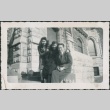
img
A group of friends standing on a staircase (ddr-densho-298-78)
Caption in album: "Sunday Morning After An All-Nite Card Session. Emma Kuwahara, Henry."
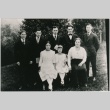
img
Family of Alfred Eijiro Tatsumi (ddr-densho-353-201)
Front row: June Tomae, Misao, Mrs. Tatsumi. Back row: Albert, Walter, Henry, Jiro, Alfred.
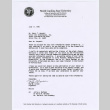
doc
Letter to Henry Hayashi from Professor Roy Larson (ddr-densho-441-3)
Letter to Henry Hayashi from Professor Roy Larson thanking Henry for the information about his father, Hirokichi "Harry" Hayashi's patenting of plant sleeves. Larson and asks for Henry's permission to have the letter published in an upcoming edition of "Grower Talks."
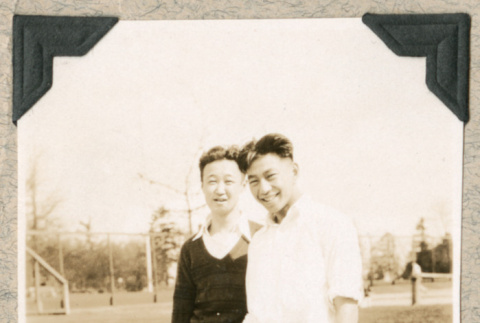
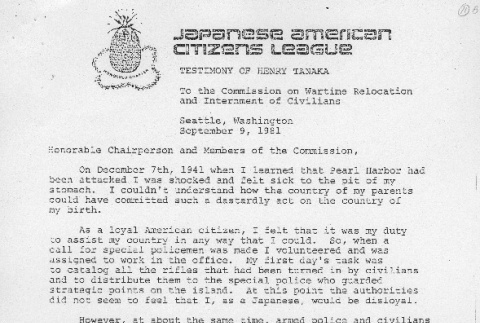
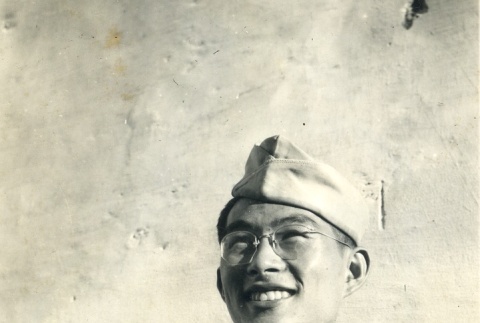
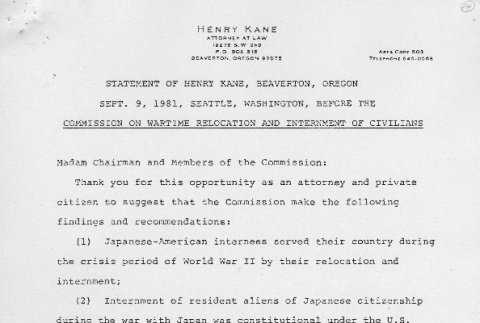
![[Portrait of Henry Raub] (ddr-csujad-29-102)](https://ddr.densho.org/media/cache/e3/d3/e3d39964f8d1230293a853f347ece355.jpg)
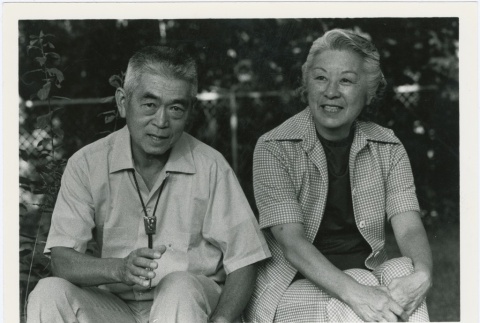
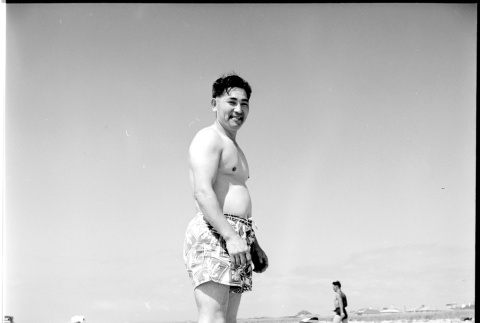
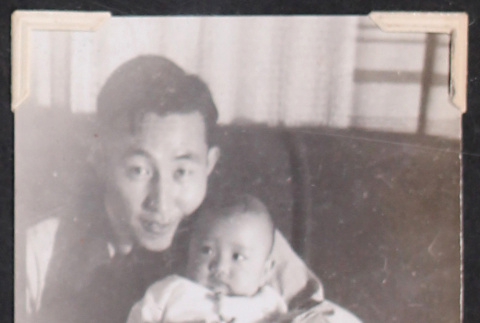
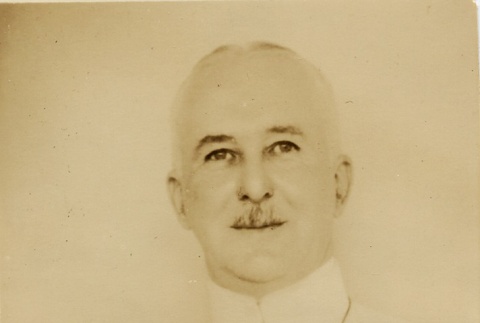
![Henry Taketa [business card] (ddr-csujad-55-2074)](https://ddr.densho.org/media/cache/4f/93/4f93f3f0766039841df36a0827ef7637.jpg)
